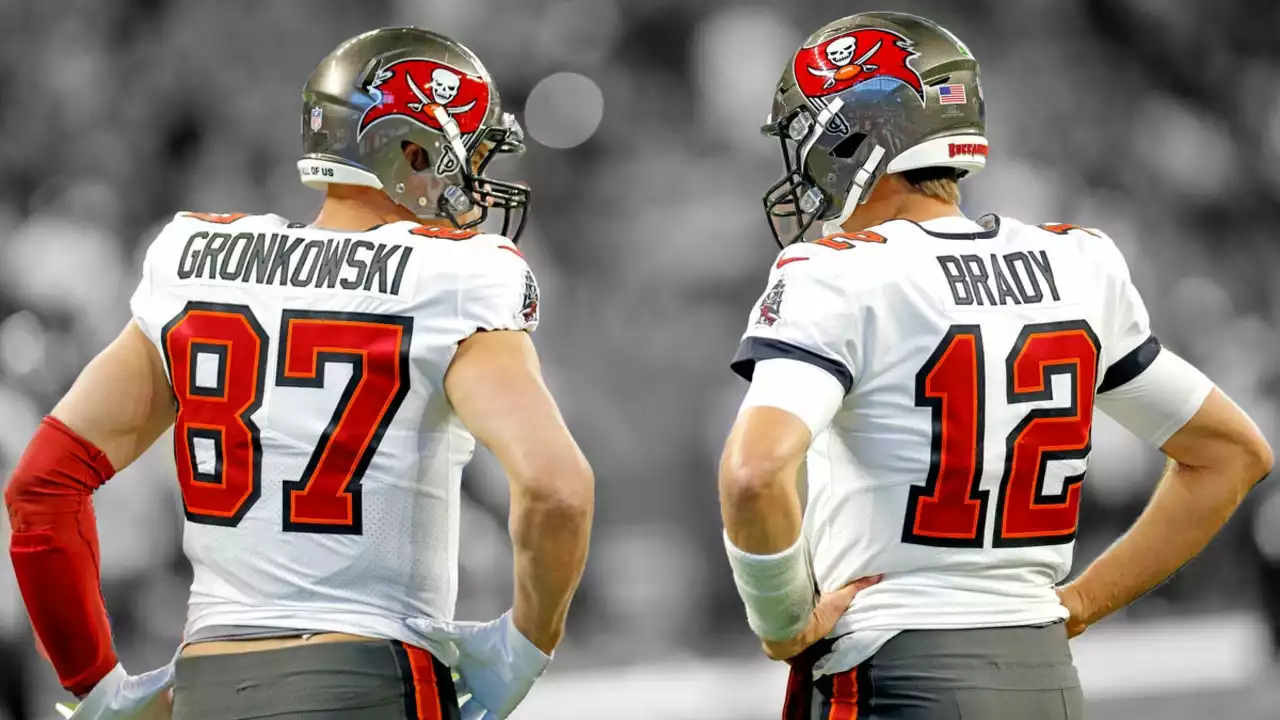Retirement: Your Guide to the Next Chapter
When talking about retirement, the stage when a person stops working full‑time and shifts focus to personal goals. Also known as post‑career phase, it brings both freedom and new responsibilities.
One of the biggest pieces of the puzzle is financial planning, organizing savings, investments, and pensions to support a stable lifestyle. A solid plan means you can enjoy hobbies without worrying about bills. Financial planning also shapes how you allocate time for family, travel, or learning new skills.
Another key player is career transition, the process of moving from a full‑time job to part‑time work, consulting, or volunteering. This transition often requires new training, networking, and a shift in mindset. When athletes consider retirement, they face a similar shift: from daily training to finding fresh ways to stay active.
Life After Sports and the Broader Retirement Landscape
Post‑sports life, the period where former athletes explore new careers, coaching, or community work illustrates how retirement isn’t just stopping work; it’s about redefining identity. Many ex‑players discover that their teamwork skills help in business or charity projects. This link shows how career transition influences post‑sports life, creating a cycle of growth.
Retirement also touches on health. Issues like heart health, which we discuss in articles about cardiac arrest and chest injuries, become more relevant when you’re no longer under a team’s medical supervision. Staying active, monitoring risk factors, and regular check‑ups keep your new lifestyle safe and enjoyable.
All these pieces—financial planning, career transition, post‑sports life, and health—connect to form a complete retirement picture. Below you’ll find articles that dive into real‑world stories, from managing unexpected health scares to navigating life after a sports career. Keep reading to see how these themes play out in practical, relatable situations.
Will Tom Brady FINALLY retire after this season?

